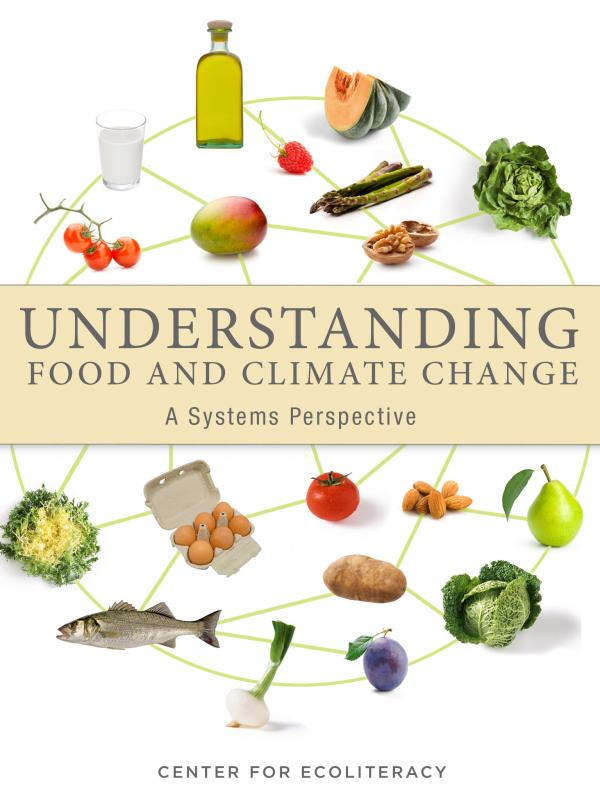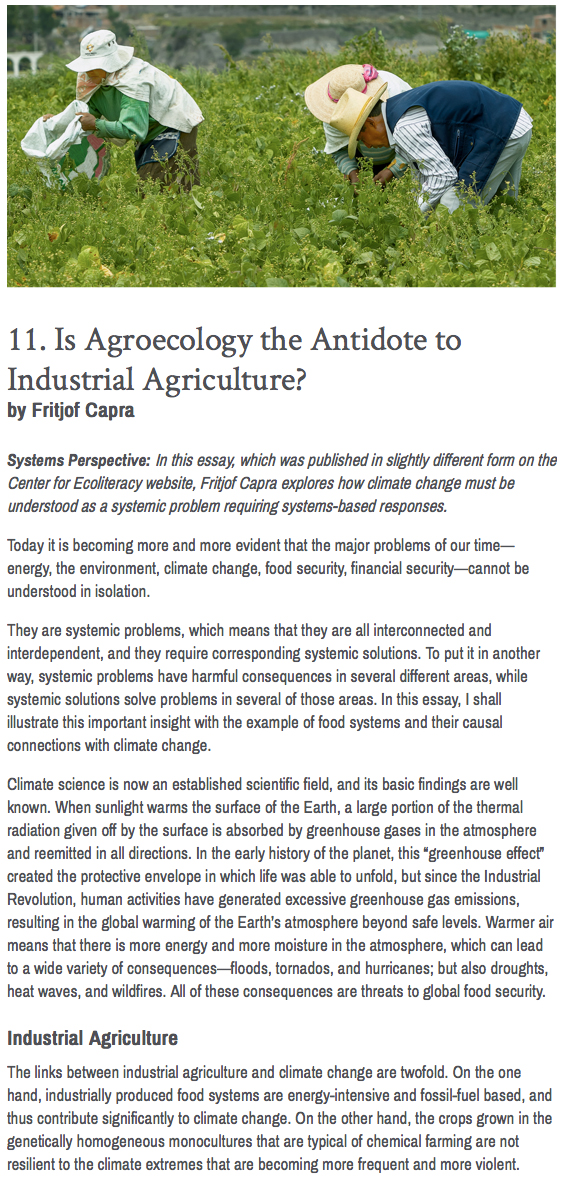By Andrew Finch and Hyun Tae-duck
Introduction for Teachers
Development of oral abilities in a second language, like other skills (e.g. playing a musical instrument or swimming), needs regular exercise and reinforcement. "Tell Me More!" offers this practice in using English, providing language-activities which require students to communicate with each other. Situational, functional, and structural emphases all have their place in the book in an environment of interactive learning, in which students are encouraged to develop their skills and abilities in the transferring of information and opinions between themselves, using the target language as the medium for this communication.
If we look at the language that we use every day, we find the same or similar forms appearing in different guises. Promoting fluency in such repetitive (and non-prescribed) use of English will therefore greatly help our students. This can be done not only through the performance of language tasks and activities, but also through the negotiation of those activities, using the full range of language functions such as questioning/answering, explaining, agreeing/ disagreeing, suggesting, and giving opinions, while trying to solve the communication problem. We might even imagine a role-play in which students do no more than talk about how to perform a language-learning task!
"Tell Me More!" is a collection of starting points. Teachers will want to adapt and supplement these, and much of the lexical input has therefore been left to their discretion and preferred method of presentation. The "Teachers' Notes and Resources" are also beginning points. If the book and its contents can be used as a springboard for the development of conversation skills in the classroom, along with the promotion of greater self-confidence, motivation and independence on the part of the students, then it will have succeeded in its goal.
We wish all participants (teachers and students) an enjoyable and creative time!
Andrew Finch
Hyun Tae-duck
April 2000 (revised July 27, 2001)
| Student's Book | Teacher's Book | Page Numbers |
|---|---|---|
| Chapter 1 | Chapter 1 - Teacher's Notes | (5-16) |
| Study Skills | Study Skills - Teacher's Notes | (18-24) |
| Chapter 2 | Chapter 2 - Teacher's Notes | (25-36) |
| Chapter 3 | Chapter 3 - Teacher's Notes | (37-50) |
| Chapter 4 | Chapter 4 - Teacher's Notes | (51-62) |
| Chapter 5 | Chapter 5 - Teacher's Notes | (63-76) |
| Chapter 6 | Chapter 6 - Teacher's Notes | (79-94) |
| Chapter 7 | Chapter 7 - Teacher's Notes | (95-112) |
| Chapter 8 | Chapter 8 - Teacher's Notes | (113-128) |
| Chapter 9 | Chapter 9 - Teacher's Notes | (129-144) |
| Chapter 10 | Chapter 10 - Teacher's Notes | (145-162) |
| Chapter 11 | Chapter 11 - Teacher's Notes | (163-175) |
| Chapter 12 | Chapter 12 - Teacher's Notes | (177-188) |
| Extra | Extra - Teacher's Notes | (191-207) |


